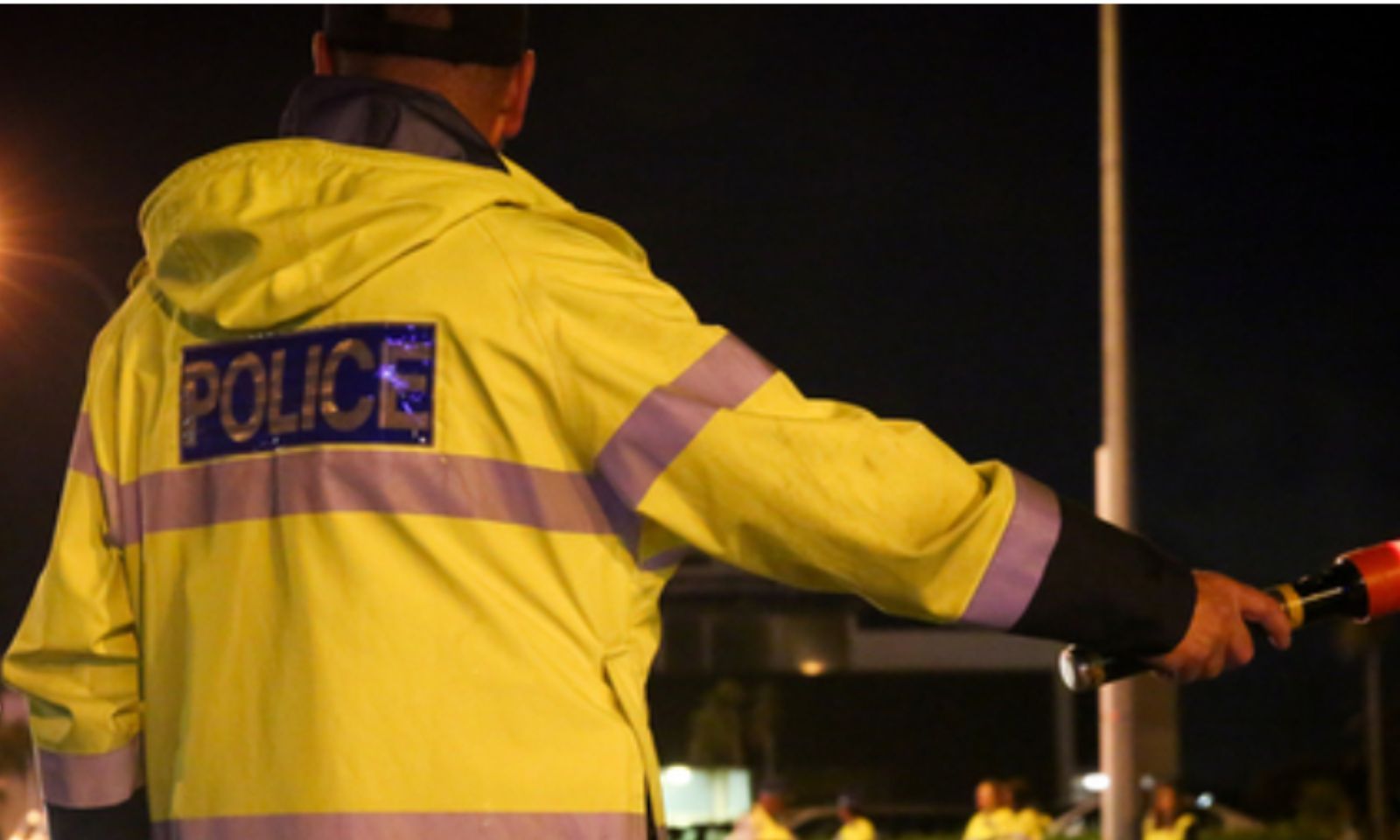

Photo /RNZ - Angus Dreaver
'This will take us backwards': Labour slams Treaty Bill, ACT remains steadfast
Carmel Sepuloni has criticised the recently released details behind ACT Party’s controversial Treaty Principles Bill, while David Seymour fires back at officials who warn the bill could cause division.


South Auckland artist donates song proceeds to local charity



How Trump’s 'America first' policies could impact NZ and Pacific

South Auckland artist donates song proceeds to local charity


Cabinet has agreed to three principles behind ACT Party's controversial Treaty Principles Bill (TPB), which a Labour MP has criticised saying it will “take us backwards”.
The recently revealed principles are titled under "Civil Government", the "Rights of Hapū and Iwi Māori", and the "Right to Equality".
The release also came with a warning from officials who said the policy could create social division and constitutional uncertainty.
They also said the TPB is based on a "novel reading" of the Treaty and that the government should stick with the status quo.
Speaking to William Terite on Pacific Mornings, Labour MP Carmel Sepuloni agreed with the officials’ advice, adding that the divisive nature of the TPB is reflective of the coalition government's division.
"You've got the Prime Minister saying he'll only support it past first reading but is not going to support it to fruition," Sepuloni said.
"Then you got the Deputy Prime Minister [Winston Peters] and soon-to-be Deputy Prime Minister [David Seymour], saying that they don't believe [Luxon].
"It shows a lack of courage from the Prime Minister himself. We expect this type of extreme proposal from the ACT Party, but we've made more progress than this."
Recently, over 400 church leaders signed an open letter urging the government to scrap the TPB.
Sepuloni said considering many Māori, non-Māori and the other two coalition partners have voiced disapproval of the TPB, that "you have to question what is at play here".
Watch the full interview with Sepuloni via 531pi's FB below:
However, David Seymour fired "straight back at them", saying he was ignoring official advice because the point of the TPB was to provide a "truer" reading of the Treaty.
He said officials have had 50 years to define what the Treaty means and that their interpretation of the Treaty has been ironically "novel".
"It doesn't reflect what the Treaty says or the intention behind it," Seymour said.
"What it does reflect is an inherently divisive view of the world that there are Māori and non-Māori and engaged in a partnership between races as the Court of Appeal said in 1987.
"When you look at a person and see primarily their race before you see all the other aspects that make them up, that is not a good way to go forward."
Watch the full interview with Seymour via 531pi's FB below:
The three principles of the TPB are:
1) Civil Government: The Government of New Zealand has full power to govern, and Parliament has full power to make laws. They do so in the best interests of everyone, and in accordance with the rule of law and the maintenance of a free and democratic society.
2) Rights of Hapū and Iwi Māori: The Crown recognises the rights that hapū and iwi had when they signed the Treaty. The Crown will respect and protect those rights. Those rights differ from the rights everyone has a reasonable expectation to enjoy only when they are specified in legislation, Treaty settlements, or other agreement with the Crown.
3) Right to Equality: Everyone is equal before the law and is entitled to the equal protection and equal benefit of the law without discrimination. Everyone is entitled to the equal enjoyment of the same fundamental human rights without discrimination.
Referencing a report on New Zealand police bias against Pacific peoples and Māori, Sepuloni said the principles fail to accommodate for the inherent inequality for some in the current system.
"That is where the term equity comes in," Sepuloni said.
"It's an acknowledgement that we don't all start from the same starting point and therefore exceptions need to be made.
"Targeting, in terms of policies, has to be taken into consideration. Seymour absolutely lacks any understanding of equity."

Photo/PMN News - Candice Ama
Seymour said he has always viewed the right to equality as the right to equal opportunities, not equal outcomes.
"I'm sorry but go and ask the Russians, the Chinese before they opened up their economy what happens when your government policy is equal outcomes."
He said before discussing equal outcomes that New Zealand must address unequal opportunities, saying students in the Far North District do not have the same opportunities as students in Central Auckland.
As for the report on police bias, he said he has not properly read it but plans to, as it is important to investigate its validity before jumping to potentially hurtful conclusions like the NZ Police force is racist.
He mentioned a report from the United Kingdom that said police are more likely to arrest young black men.
"Someone dug into it and they found that the police do most of their arrests in the cities after 10 PM.
"It turned out that there are more black men in the cities, out in the streets, after 10 PM. The police were just as likely to arrest you if you were black or white at that time.
"You can ask yourself 'why are there more black men out there in the street at night?' - that's a good question. It may be that there is another answer other than assuming the police in the UK are prejudiced.”

